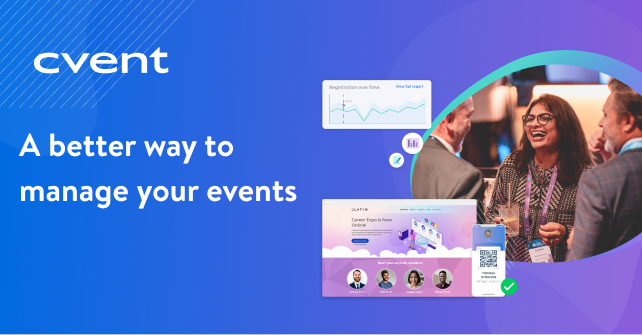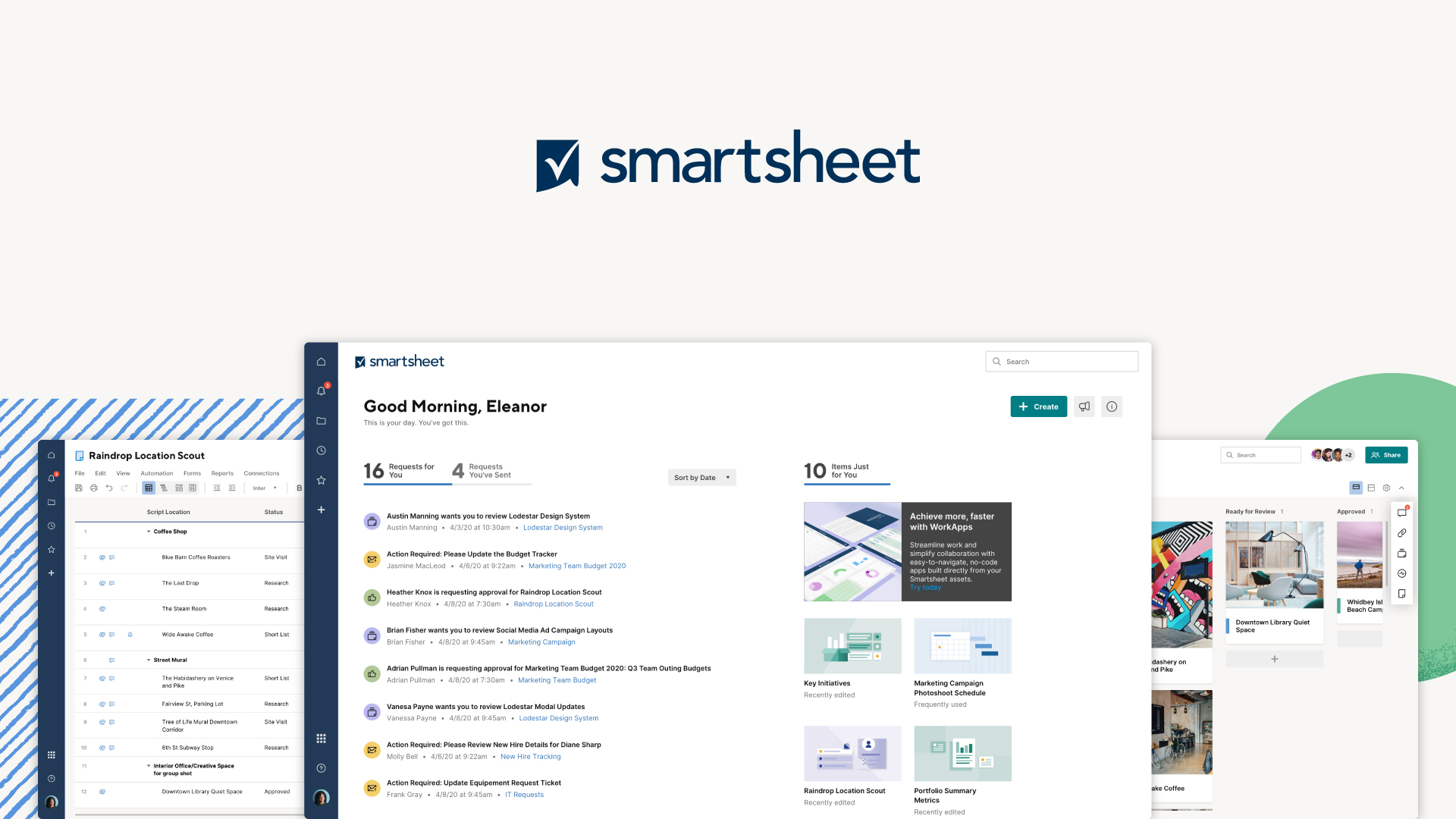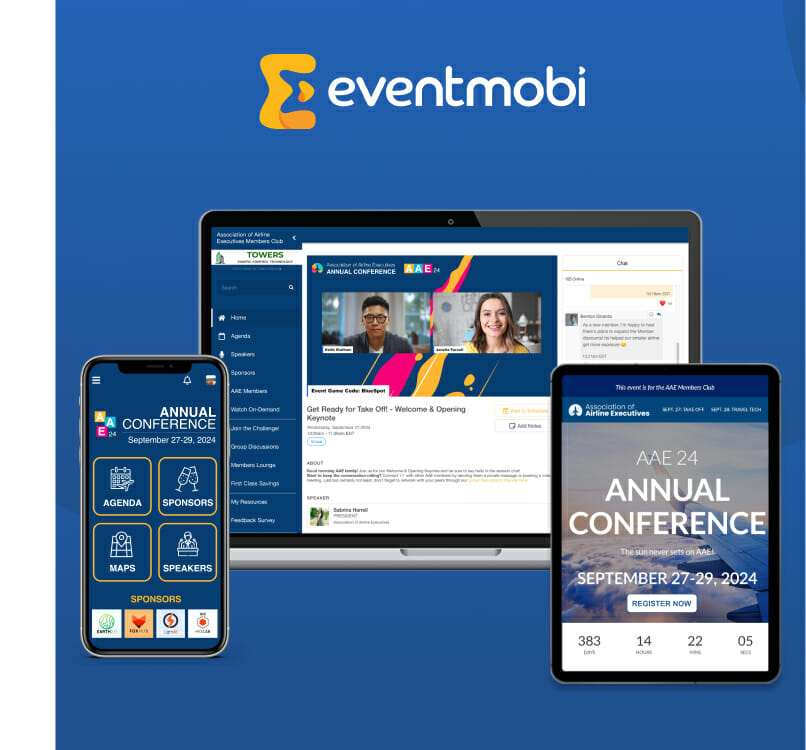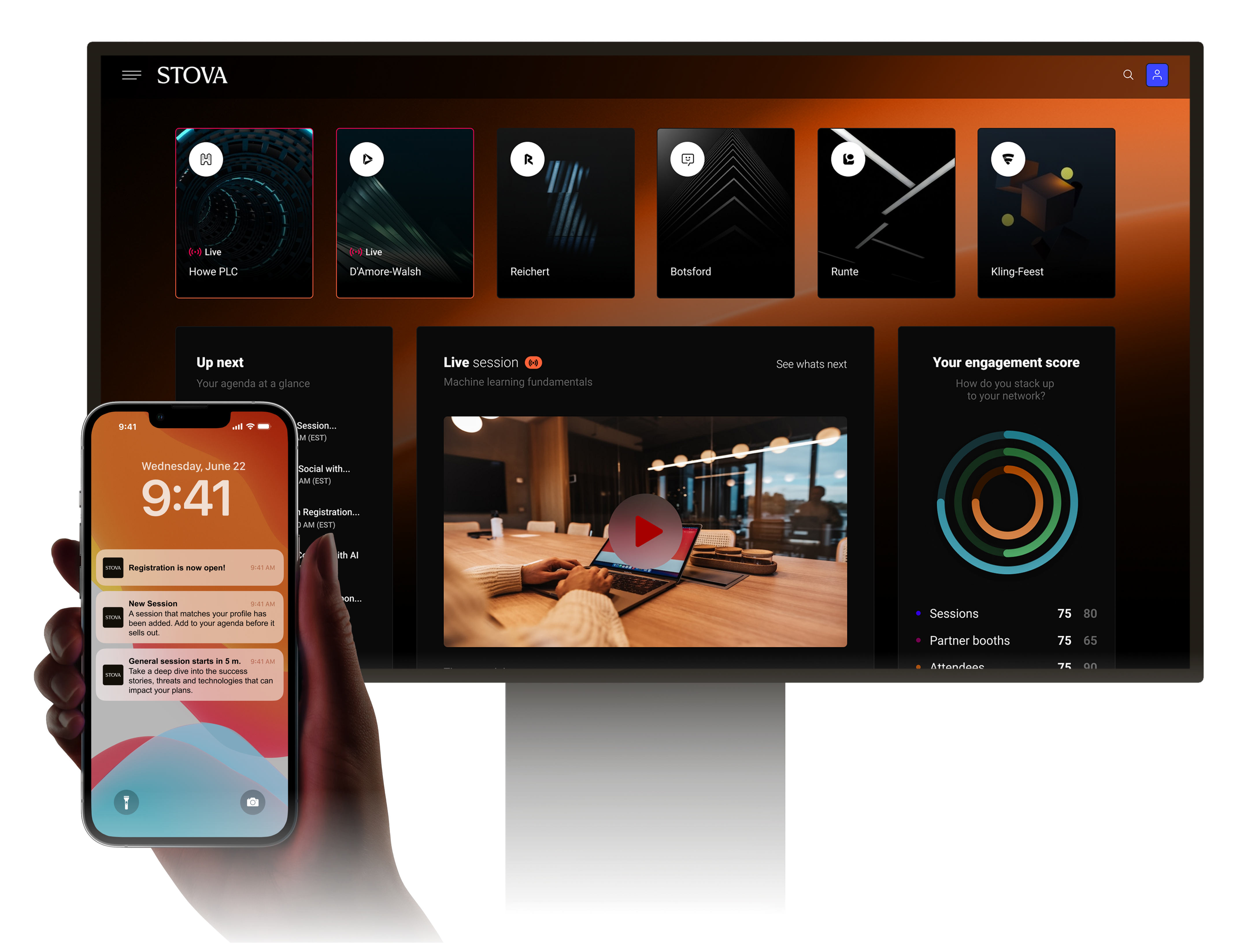Introduction
As hybrid and flexible work become the new normal, having an effective meeting room booking system is essential for optimizing the use of shared office spaces and resources. Whether you need to manage a few huddle rooms or dozens of large conference rooms across multiple offices, finding the right solution can be challenging given the variety of options in the market. In this blog post, we evaluate and compare 15 of the top meeting room booking systems based on key criteria like features, pricing, reviews and more to help you choose the best fit for your hybrid workplace needs in 2023.
Methods of Evaluation
To evaluate and rank these 15 meeting room booking systems, we considered several factors – features and capabilities, pricing and plans, customer reviews and ratings, years of experience in the industry, and other qualitative metrics like number of customer successes, case studies, and thought leadership content. We also leveraged quantitative metrics like number of backlinks, organic traffic, and keyword search trends to gauge overall market leadership. This multidimensional approach helps provide a well-rounded perspective on each vendor and their suitability for different business requirements.
1. Eventbrite
Eventbrite is a global ticketing platform that allows users to discover, create and promote events. Founded in 2006 and headquartered in San Francisco, Eventbrite has become a market leader for online event ticketing with over 1 million creators that have sold more than 300 million tickets to over 4 million events.
Pros: Some key advantages of using Eventbrite include:
– Market leader for online event ticketing
– Robust marketing and promotion tools to help creators promote events
– Huge partner network of over 60,000 venues that can be selected and reserved directly on the platform
Cons: A potential disadvantage is that Eventbrite charges creators a processing fee starting at 3% + 30 cents per ticket sold which can increase costs for organizers.
Pricing: Eventbrite offers several paid plans for event creators starting from $99 per month. The pricing includes additional features like unlimited ticket sales, marketing credits, customizable tickets/registration pages and event analytics reports.
Some key stats about Eventbrite include:
– Over 1 million event creators have used the platform to sell over 300 million tickets
– Events on Eventbrite are attended by over 1 billion people each year
– Available in over 180 countries in 12 different languages
EventbriteEventbrite – Discover the Best Local Events & Things to Doeventbrite.com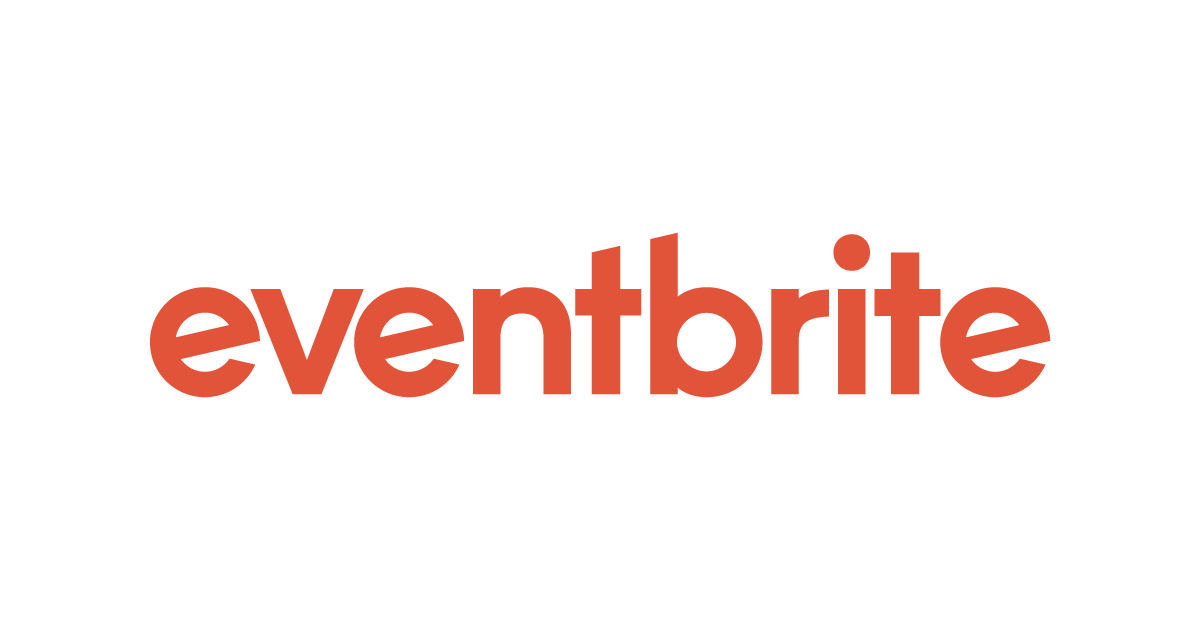
2. Cvent
Cvent is a leading meeting and event management platform used by over 90,000 customers worldwide. Founded in 1999, Cvent offers a comprehensive event platform to support both in-person and virtual/hybrid events.
Pros: Key advantages of using Cvent include:
– Market leader for event and meeting management solutions trusted by top brands globally.
– Robust venue sourcing platform with direct integrations to over 300 hotel brands and venues for easy booking and contracting.
– Integrated marketing and attendee engagement tools including websites, surveys, lead generation to promote and track events.
Cons: The main disadvantage is that as a full-featured enterprise solution, Cvent can be complex to implement and manage for smaller organizations with limited budgets or resources.
Pricing: Cvent pricing starts from $99 per user per month for the basic package and goes up based on number of users, additional modules, support levels etc. They also offer customized enterprise pricing for very large deployments.
Some key stats about Cvent include:
– Over 90,000 customers globally across industries like corporate, association, agency, and destination marketing organizations.
– Handles over 30 million meetings, events and travel reservations valued at over $30 billion annually.
– Integrations with 300+ leading hotel brands and venues.
– Over 1000 dedicated success specialists supporting customers.
3. Doodle
Doodle is a free online meeting scheduling tool that makes finding a time for group meetings and events simple. Founded in 2001 and headquartered in Luxembourg, Doodle allows users to create a poll to find a time that works for multiple calendars. Over 40 million people use Doodle every month to organize everything from project meetings to birthday parties.
Pros: Some key advantages of Doodle include:
– Simple and easy to use polling tool
– Cross platform and responsive web app, also available as iOS and Android apps
– Suitable for both freelancers and remote/distributed project teams
– Free basic plan for scheduling smaller meetings and events
Cons: A potential disadvantage is that the free plan only allows for basic polls with up to 10 options. For complex scheduling needs, an upgraded paid plan may be required.
Pricing: Doodle offers three paid plans in addition to the free basic plan:
– Premium: $9/month billed annually, removes participant limits
– Business: $15/month billed annually, adds multiple admin accounts and custom branding
– Enterprise: Custom pricing, aimed at large organizations with advanced features
Some key stats about Doodle include:
– Over 40 million monthly users worldwide
– Available in 40+ languages
– Integrates with services like Google Calendar, Outlook, and iCal
– Supports meetings with up to 50 participants
4. Smartsheet
Smartsheet is a leading work management platform that enables teams to manage projects, automate processes, and scale their programs. With over 89,000 customers worldwide, Smartsheet allows teams to manage projects, tasks, and content in one central place to maintain visibility and keep distributed teams connected.
Pros: Some key advantages of Smartsheet’s meeting room and resource booking include:
– Robust work management platform that allows for centralized project and task tracking alongside resource booking.
– Advanced capabilities for managing resources, assets, and expenses to optimize utilization.
– Powerful reporting and analytics to track resource usage, capacity planning, and ROI of Smartsheet.
Cons: As a robust work management platform, Smartsheet has a comprehensive feature set but may be more full-featured than needed for basic resource booking alone. The learning curve could be steeper compared to simpler scheduling applications.
Pricing: Smartsheet offers three tiers of paid licenses for its work management platform starting at $25 per user per month for the Standard plan. Additional options include the Business plan at $40 per user per month and the Enterprise plan with customized pricing. All plans include full capabilities for meeting room and resource booking alongside project and task management functionality.
Some key stats about Smartsheet’s meeting room and resource booking capabilities include:
– Over 89,000 customers worldwide use Smartsheet for their work management needs.
– Customers can book over 750,000 resources per month using Smartsheet’s scheduling features.
– On average, customers see a 20% increase in resource utilization after implementing Smartsheet.
5. Admitad
Admitad is an affiliate marketing platform founded in 2008 that is headquartered in Moscow, Russia. The platform aims to create opportunities for long-term partnership and business development through its affiliate marketing technology.
Pros: Some key advantages of Admitad include: – Feature-rich classroom scheduling and booking tools – Robust event management functionality to handle all aspects of scheduling rooms and resources – Powerful reporting capabilities to gain insights and optimize room usage
Cons: One potential disadvantage is that as a large global platform, the interface may not be as easily customizable for smaller businesses compared to some niche meeting room booking systems.
Pricing: Admitad offers a free basic plan for starters. Paid subscription plans start at $49/month for up to 5 staff members with additional tiered plans for larger teams and businesses.
Some key stats about Admitad include: – Over 15,000 merchants use the platform – Processed over $2 billion in affiliate sales in 2021 – Partner with over 500,000 publishers globally
6. Eventzilla
Eventzilla is an all-in-one event management and room booking software. In business since 2007, Eventzilla helps organizations efficiently manage meetings, events, and resources. With an elegant yet powerful interface, Eventzilla provides an intuitive experience for both administrators and end-users.
Pros: Key advantages of Eventzilla include its flexible pricing plans to suit all business needs, feature-rich yet simple booking flows, and high level of customization that allows companies to fit the software seamlessly into their existing branding and workflow preferences.
Cons: As an all-in-one event management solution, the learning curve may be a bit steeper compared to point solutions. Additional customization or integration work may require consulting with their professional services team.
Pricing: Eventzilla offers flexible pricing tiers starting from their Basic plan at $19/month for up to 3 organizers and 50 guests. Their Pro plan supports up to 10 organizers and is $49/month. For enterprises, they offer customized quote and versions tailored for large deployments.
Some key stats about Eventzilla include: used by over 5,000 customers worldwide across 150 countries, supports over 10 languages, processes over 5 million bookings annually. Eventzilla can integrate with over 30 platforms including Outlook, Google Calendar, and Zoom.
7. Social Tables
Social Tables is an event and meeting room booking software that helps companies manage their conference rooms, meeting spaces and event venues. Founded in 2007, Social Tables provides a collaborative platform for event planning and space management. With over 10,000 customers in more than 100 countries, Social Tables has become a leading event technology solution.
Pros: Some key advantages of Social Tables include:
– Comprehensive meeting and event solution that covers the entire planning lifecycle
– Advanced floorplan builder and space utilization tools for event layouts
– Flexible platform that can be customized and caters to the unique needs of hotels, conference centers and other event venues
Cons: One potential disadvantage is the pricing, as Social Tables offers different paid tiers and pricing can get expensive for larger organizations or those with high volume events and spaces.
Pricing: Social Tables offers different pricing plans depending on organization size and needs. Basic plans start from $99/month but most organizations opt for one of the following tiered plans:
– Professional – $199/month
– Business – $399/month
– Enterprise – Custom priced
Some key stats about Social Tables:
– Serves over 10,000 customers worldwide including top brands like Marriott, Hilton and Hyatt
– Has planned over 5 million events and manages over 100,000 event spaces
– Provides a centralized event database with over 1 billion data points
– Has vetted over 50,000 venues globally
8. EventMobi
EventMobi is a leading all-in-one event management software that helps organizations smoothly plan, market and execute both in-person and virtual meetings and conferences. Founded in 2007 and headquartered in Toronto, Canada, EventMobi powers events for top brands like IBM, Dell, General Motors and NASA.
Pros: Some key advantages of using EventMobi include:
– Mobile first conference app platform for smooth check-ins, networking and engagement
– Intuitive agenda and session scheduling tools
– Robust analytics and reporting on event metrics and ROI
– Integrations for payments, catering and room bookings
Cons: A potential disadvantage is the pricing – while the software offers a lot of functionality, it may be over-budget for smaller events or organizations.
Pricing: EventMobi offers tiered pricing based on the number of expected attendees. Pricing starts from $999 per month for up to 100 attendees and goes up to $4,999 per month for over 2,000 attendees. The platform also offers different packages for virtual-only or hybrid events.
Some key stats about EventMobi include:
– Over 15,000 events managed annually
– Used in over 100 countries worldwide
– Supported over 5 million attendees
– 95% customer retention rate
9. Skedda
Skedda is a leading meeting room and workplace management software that helps organizations efficiently manage office space resources like desks, meeting rooms, equipment, and visitors. Founded in 2011 and headquartered in Brisbane, Australia, Skedda serves thousands of customers worldwide in industries like IT, education, and professional services. Some key features of Skedda include room and desk booking, resource scheduling, analytics and reporting, and facility management tools.
Pros: Some of the key advantages of Skedda include:
– Cloud-based solution that works from any device
– Good customization options to match your workspace needs
– Uses predictive analytics for demand-based scheduling
– Robust reporting and analytics tools for facility managers
– Integrates with common calendar and access control systems
Cons: A potential disadvantage is that the free plan only allows for 5 assets to be scheduled which may not meet the needs of larger organizations.
Pricing: Skedda offers 3 main pricing plans:
– Free Plan: Supports up to 5 assets with limited features
– Professional Plan: Starts at $49/month and includes unlimited assets and advanced features
– Enterprise Plan: Customized for larger organizations with additional support
Some key stats about Skedda include:
– Serves over 5,000 customers globally
– Over 20 million bookings managed each year
– Integrations with platforms like Office 365, Google Workspace, and HR systems
– Used in over 100 countries
10. Aventri
Aventri is a leading event management and booking software designed to help businesses and organizations efficiently manage their meeting rooms, events, and bookings. Founded in 2000, Aventri provides a comprehensive solution to streamline the entire event lifecycle from initial planning to post-event reporting.
Pros: Some key advantages of using Aventri include:
– Intuitive interface that allows for easy booking and management of meetings and events
– Robust calendar view makes it simple to see availability and schedule resources
– Advanced reporting and analytics provide insight into utilization and revenue opportunities
– Tight integration with other systems like Outlook for a seamless workflow
– Dedicated client success team for onboarding, training, and ongoing support
Cons: One potential disadvantage is that the full suite of features is only available with a paid subscription. Some basic functionality is free but advanced features like invoicing and registration require signing up for a paid plan.
Pricing: Aventri offers flexible pricing plans starting at $99 per month for their Basic plan suited for small teams and organizations. Premium and Enterprise plans with additional features are priced starting at $199 and $499 per month respectively. Custom pricing is also available for large enterprises with unique needs.
Some key stats about Aventri include:
– Over 20 years of experience in the event technology industry
– Manage over 1 million events and $5 billion in sales each year
– Used by over 10,000 organizations globally
– Integrate with over 30 calendar and CRM systems like Outlook, Google Calendar, and Salesforce
11. Clarizen
Clarizen is a leading collaborative work management platform for enterprises. Originally founded in 2000, Clarizen helps organizations plan, manage work, and deliver business outcomes through an intuitive and customizable platform.
Pros: Some key advantages of Clarizen include:
– Completely customizable workflows that can be tailored to your specific business processes and needs.
– Robust project and resource management capabilities to help improve project visibility, resource allocation, and delivery.
– Suited for large enterprise implementations with its flexibility, security, and support for high user and workload volumes.
Cons: One potential disadvantage is that the high level of configuration required for workflows and processes may make initial set up and adoption more complex compared to simpler and less customizable solutions.
Pricing: Clarizen pricing is based on the number of active users on the platform. It offers flexible pricing plans including annual or monthly subscription options. Contact Clarizen sales for a custom quote tailored to your specific business needs and user requirements.
Some key stats about Clarizen include:
– Used by over 1,500 enterprises globally across industries like technology, manufacturing, and professional services.
– Supports over 500,000 users.
– Features robust project and resource management capabilities as well as customizable workflows.
12. Robin
Robin is adesk booking and room scheduling software designed to maximize office space utilization and enable hybrid work strategies. Founded in 2016, Robin helps companies of all sizes effectively manage their workplaces whether employees are in the office, working remotely or utilizing a mix of both. The platform provides a single source of truth for real-time space occupancy and availability across all office locations.
Pros: Some key advantages of Robin include:
– Simplified self-serve room and desk booking
– Complete room, asset and inventory management
– Flexible solutions suitable for hyflex and hybrid work policies and practices
– Real-time space utilization analytics and reporting
Cons: One potential disadvantage is that the room scheduling and desk booking tools require employees to actively use the software to ensure accurate space utilization data. Reliance on user adoption and engagement with the platform is important for maximizing its benefits.
Pricing: Robin offers various pricing plans suitable for companies of all sizes. Basic plans start from $10 per user per month and additional features like integrations, custom branding and SSO can be purchased as add-ons or with higher tier plans.
Some key stats about Robin include:
– Used by over 1,500 companies worldwide
– Supports over 50,000 desk and meeting space bookings daily
– Integrates with calendar services like Google and Outlook for booking
– Mobile apps available for both iOS and Android
13. BookedIN
BookedIN is an online appointment scheduling software that helps companies manage their meeting room and workspace booking needs. They provide a simple and easy to use platform to handle all your scheduling requirements with their online and mobile apps.
Pros: Some key advantages of BookedIN include:
– Flexible booking capabilities that allow different booking rules for each resource
– Optimized mobile app experience for easy booking on the go
– Good reporting and analytics tools to track booking patterns and resource utilization
Cons: One potential disadvantage is that the free plan only allows one active resource to be booked. Additional resources require an upgraded paid plan.
Pricing: BookedIN offers three pricing plans – Free, Premium, and Business. The free plan allows booking of one active resource. The Premium plan starts at $9/month and removes resource limits. The Business plan starts at $19/month and offers additional features for larger teams.
Some key stats about BookedIN include:
– Used by over 10,000 businesses worldwide
– available on both mobile and desktop
– supports multiple languages and currencies
– integrates with Google Calendar and Outlook
14. Scheduleonce
ScheduleOnce is one of the top meeting room booking systems for businesses. Founded in 2013, ScheduleOnce provides a robust online scheduling platform to help teams easily manage meetings, interviews, and other events. With offices in Canada and the United States, ScheduleOnce helps over 10,000 companies worldwide improve their scheduling processes.
Pros: Some key advantages of ScheduleOnce include:
– Robust booking platform that streamlines scheduling for both internal and external meetings
– Powerful calendaring options that allow customization of booking rules and availability
– Excellent mobile experience with apps available for both iOS and Android
Cons: One potential disadvantage is that the premium paid plans can be costly for larger organizations with many users and complex booking needs.
Pricing: ScheduleOnce offers both free and paid plans. The free Basic plan allows for up to 3 organizers and supports basic scheduling. Paid Professional and Enterprise plans start at $9/user/month and provide more features, users, and customization options.
Some key stats about ScheduleOnce include:
– Over 10,000 companies worldwide use ScheduleOnce
– Processes over 1 million bookings per month
– Integrates with over 35 calendar platforms including Google Calendar, Outlook, iCal
– Available in 11 languages
15. EMS Software
EMS Software is a leading provider of workplace management software, offering a robust meeting room booking system. Founded in 1996, EMS Software has over 25 years of experience developing solutions to optimize the use of physical resources like conference rooms and facilities.
Pros: Some key advantages of EMS Software’s meeting room booking system include: it is feature rich with over 25+ years of industry experience developing these types of solutions, it supports complex conference center and facility setups with multiple buildings and locations, and it offers seamless single sign-on via SSO for a unified user experience.
Cons: As with any large platform, there may be a steep learning curve for admins and end users to learn all of the complex features and functionality. Customization and advanced configuration may require assistance from implementation specialists.
Pricing: Pricing for EMS Software’s meeting room booking system varies based on organizational size and needs. It offers flexible pricing plans including annually renewable licenses or software as a service (SaaS) subscriptions starting at $99/month.
Some key stats about EMS Software’s meeting room booking system include: it supports over 10,000 customers worldwide across various industries, manages over 5 million assets, and processes over 100 million transactions annually.
Conclusion
Choosing the right meeting room booking system is important to support a productive hybrid workplace. This post evaluated and compared 15 top solutions based on critical factors. The top options included established leaders like Eventbrite and Cvent best for large-scale events, while Skedda, Robin and Doodle are highly rated for their simplicity and mid-market focus. Consider your unique needs around features, pricing, support and integration to identify the best match. Doing thorough product research will help you implement a solution that maximizes space utilization and the employee experience.




